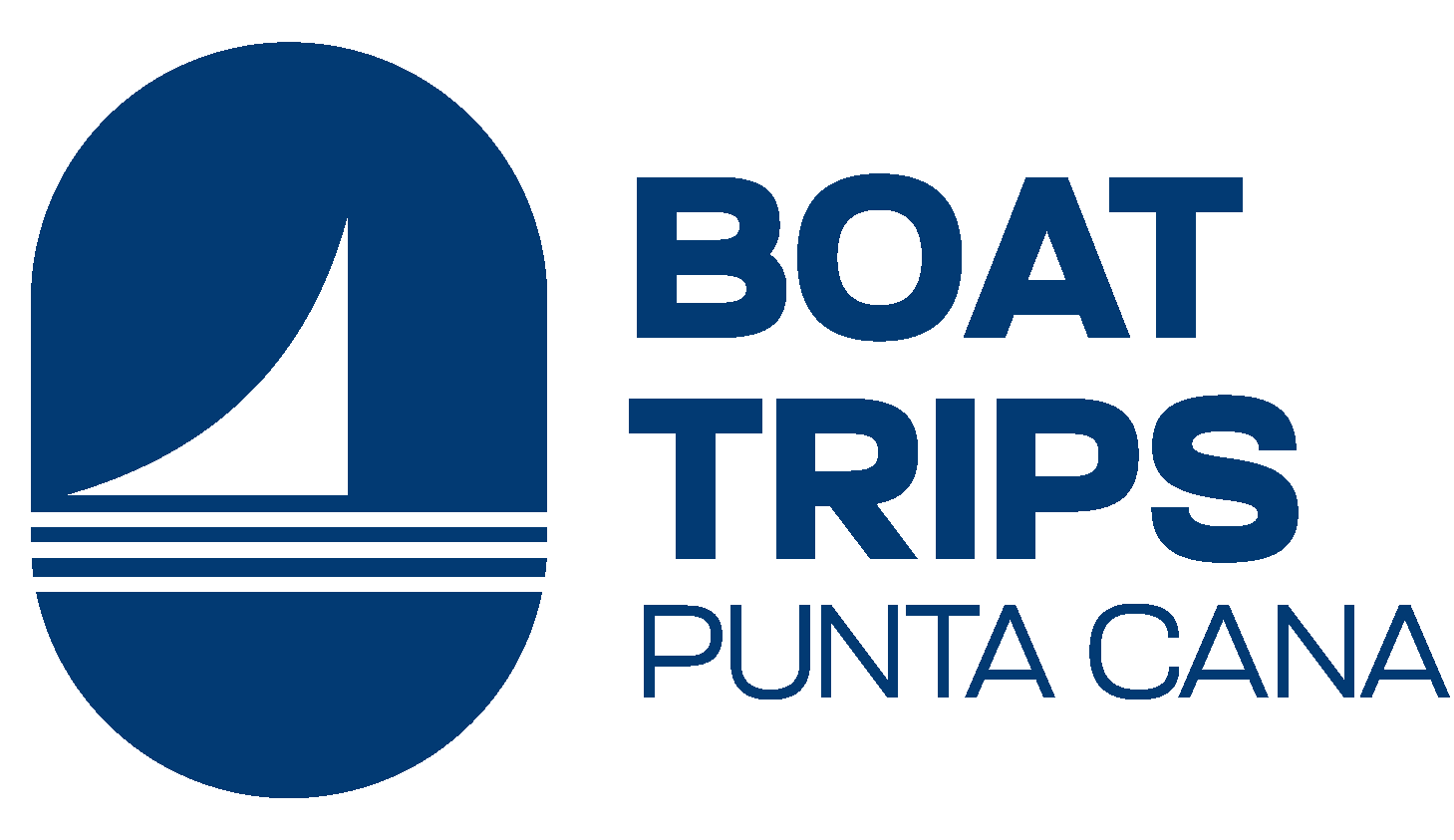“Is there still seaweed in Punta Cana?” This question haunts many of you. We get it. Who would want to spend their holiday on algae covered beach?
That is why we dedicated this post to inform you about this natural phenomenon. Just to answer your burning question as we begin this post. Yes, there are traces of seaweed in Punta Cana. Wait, before you cancel your trip! We say traces, because most of it is gone.
No more heaps and heaps on the beach, just some seaweed in Punta Cana here and there along the coastline. This picture from Punta Cana shows some traces of seaweed. Some seaweed can be seen, but look at the sea. It is clear and blue.
Origin of seaweed in Punta Cana
You’ve probably seen the pictures of seaweed piling up along the coastline in certain parts of Punta Cana. This is not the case anymore. One question remains: where does the seaweed come from, and why?
Local experts believe that this is a particular bout of Sargassum seaweed. It most likely originated from the coast of South America. When ocean conditions are pelagic (living in the open sea), sargassum can form so-called “islands”. They are a few acres across. Sargassum can survive a wide range of temperatures and levels of salinity. Therefore, it can be found floating in every single ocean, except Antarctic.
Possible Causes
It is possible that global warming has some influence on the spread of seaweed worldwide. Due to the fact that Sargassum likes warmer temperatures, it is believed by some that this is the reason for its blooming. Still, this factor is not enough to make it thrive and spread.
Pollution is another factor that can contribute. Waters that are rich in nutrients can act as a fertilizer. This can make it multiply. Winds and spiraling currents are a factor, too. They disperse the seaweed throughout the world’s oceans.
We hope we’ve clarified your possible conserns answer about seaweed in Punta Cana. It is definitely safe to book an amazing excursion here, so go ahead and book your trip with us! Check our Boat trips in Punta Cana options on our homepage to learn more!

